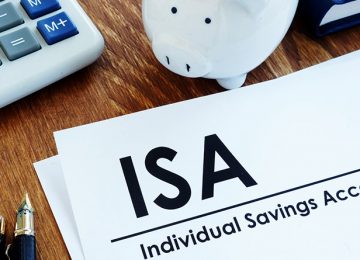Is it safe to say that you are Killing Your Own Business?
There are numerous abbreviations in the business world – some that truly check out and some that make you scratch your head in wonder.
All things considered, the time has come to add one more.
This new abbreviations is “S.A.D.” – This abbreviations can assist you with deciding whether you or your business has risk markers (risk elements) or qualities that could prompt the downfall of your endeavor.
Toward the finish, everything being equal, it is basically the individual running the organization that will choose if it lives or bites the dust. What’s more, assuming that it bites the dust, when it shouldn’t have, it implies you (the entrepreneur) have committed business self destruction – superfluously. Things being what they are, are you or your business in danger of business self destruction?
How about we take a gander at these gamble factors through the abbreviations S.A.D:
S – Vital Course:
Is your business on the correct way – a way that uses the business’ resources and assets (from money to individuals) in the most ideal way?
Will you or any other person take those equivalent arrangement of resources and convey them in a superior manner and procure more in income/get back from them?
Extremely numerous organizations bomb nowadays or don’t for a moment even escape the beginning entryway since they neglect to design appropriately or neglect to take a different path with their business when economic situations or changing client inclinations request it.
Arranging implies grasping your clients’ necessities and giving an item or administration to those requirements while using minimal measure of resources – assets are scant all things considered and you would rather not spread yours excessively far on one fragment or product offering.
I have seen organizations that have say half interest yet they spend pointlessly on 100 percent limit. Its simply squander. Also, waste will kill your business.
A – Bookkeeping:
Is it true or not that you are appropriately dealing with your business’ income to guarantee that your business has the fortitude to endure a sluggish period or future downturn?
Does your business have the functioning cash-flow to satisfy future client need?
Is your business spending cash quicker than it is gathering it?
Excessively numerous organizations bomb by developing themselves broke. They have the clients yet, either through miss-the executives or unfortunate assortments, they don’t have the cash ( working capital available) to support those clients. On the off chance that your business can’t address clients’ issues, your rival will.
D – Discipline:
Is it safe to say that you are, the entrepreneur, doing the right things every single day?
Day to day things ought to incorporate things like promoting (day to day showcasing) or really paying attention to clients fully expecting their requirements and needs.
Or on the other hand, would you say you are removing required resources from the business – like drawing too enormous a compensation, taking required cash from a money starved business?
Realize that there will be an opportunity to loot your own business – in any case, assuming that it is developing and your goals are to develop it – this isn’t that time.
Extremely numerous entrepreneurs get self-satisfied and their business dissolves over the long haul. Or on the other hand, they feel that their business ought to pay them a colossal compensation from the very first moment. While that would be great, it isn’t reality.
These are marks of organizations or entrepreneurs in danger of destroying themselves.
While not all organizations that show these gamble variables will fizzle, almost certainly, if your business or you, the proprietor, exhibit these qualities, you are on the way of business self destruction – and that sounds Miserable, truly.









